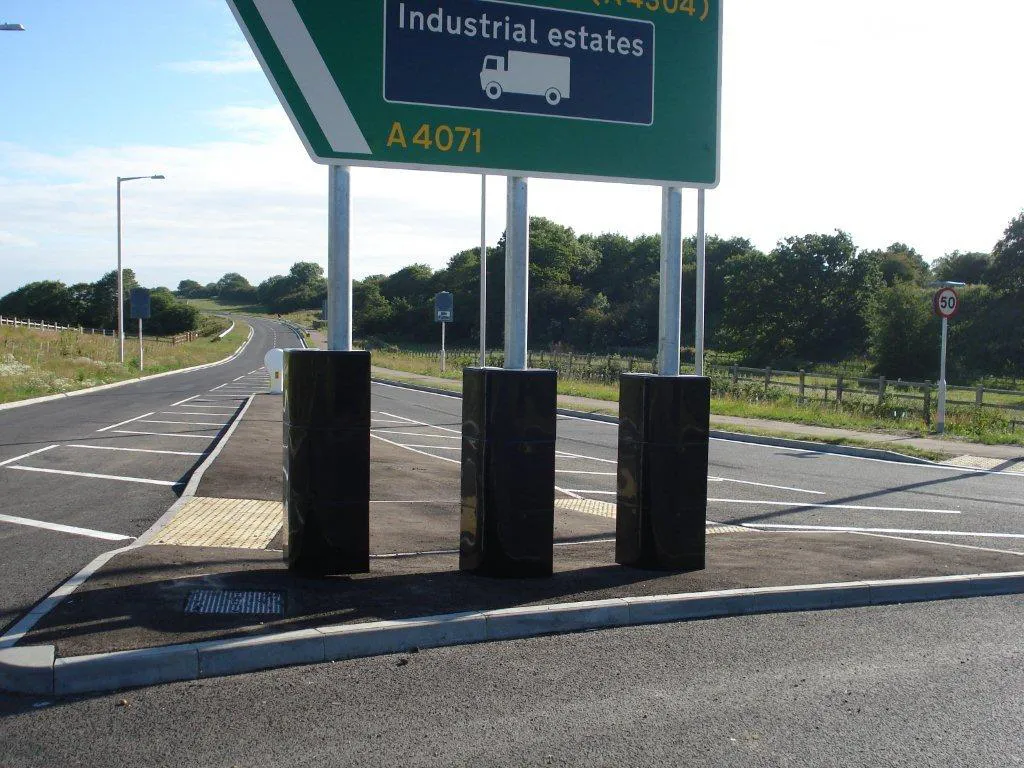The draft policy document for the move has outlined a series of initiatives to be adopted this year. This will includes changes to the current vehicle safety regulations, which have been in place since 2009.
Road safety gains in the EU have been sluggish and have not kept pace with the aim to halve road deaths in the period from 2010 to 2020. It is hoped that this new plan will bring road safety improvements back on track. Although the 25,500 road deaths in the EU during 2016 were 2% fewer than that of the previous year, far greater safety improvements need to be achieved.
One technical solution thought to offer major benefits will be introduction of cameras and detection equipment to heavy trucks in a bid to minimise blind spots. These systems would reduce the risks for vulnerable road users such as pedestrians, cyclists and motorcyclists. Other safety systems being suggested include intelligent speed assistance and autonomous emergency braking.
The plans could also see car owners having to pay charges based on the CO2 emissions the vehicles produce.
Europe’s new safety rules to cut crashes
A new plan will help boost road safety in Europe, with the rules governing cars and trucks being revised. The move comes following pressure from campaigning groups pushing vehicle manufacturers to equip their products with new safety systems. This move is intended to boost overall vehicle safety and cut casualties and road deaths across the EU. The draft policy document for the move has outlined a series of initiatives to be adopted this year. This will includes changes to the current vehicle safety regulat
May 26, 2017
Read time: 2 mins
A new plan will help boost road safety in Europe, with the rules governing cars and trucks being revised. The move comes following pressure from campaigning groups pushing vehicle manufacturers to equip their products with new safety systems. This move is intended to boost overall vehicle safety and cut casualties and road deaths across the EU.







